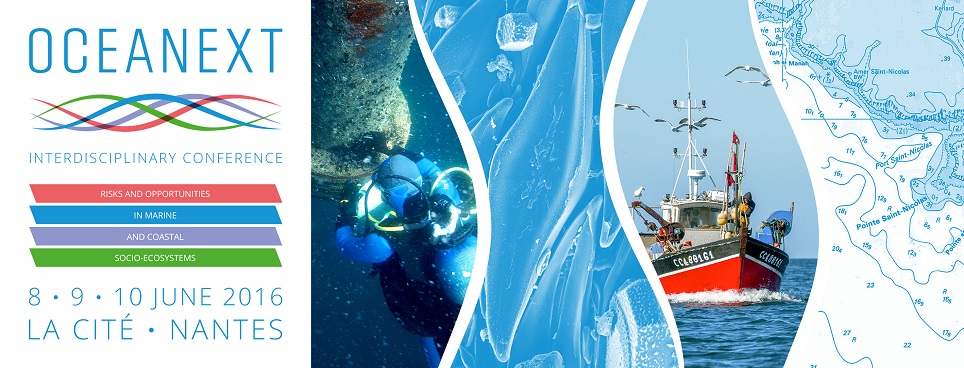Marine infrastructure plays a crucial role in the sustainable development of society. Nowadays, economic constrains require lifetime extension of these structures. Consequently, they could be subjected to more severe conditions related to climate change. This work aims at quantifying the climate change effects on the behaviour of harbour steel structures. We focus on two mechanisms at different scale: corrosion (material scale) and structural behaviour (material and structure scale). Concerning corrosion, the methodology accounts for an experimental database used to propose a predictive model. A finite element model is after integrated to study the mechanical effects on the whole structure. The results show that climate change could accelerate corrosion processes. This effect is particularly alarming at the anchoring zone where the mechanical bending moment is maximal. On the other hand, we found that the sea level rise decreased the maximum stress. Consequently, a comprehensive assessment of existing steel structures under new climate change solicitations is paramount to minimise maintenance costs and failure risks.

 PDF version
PDF version
